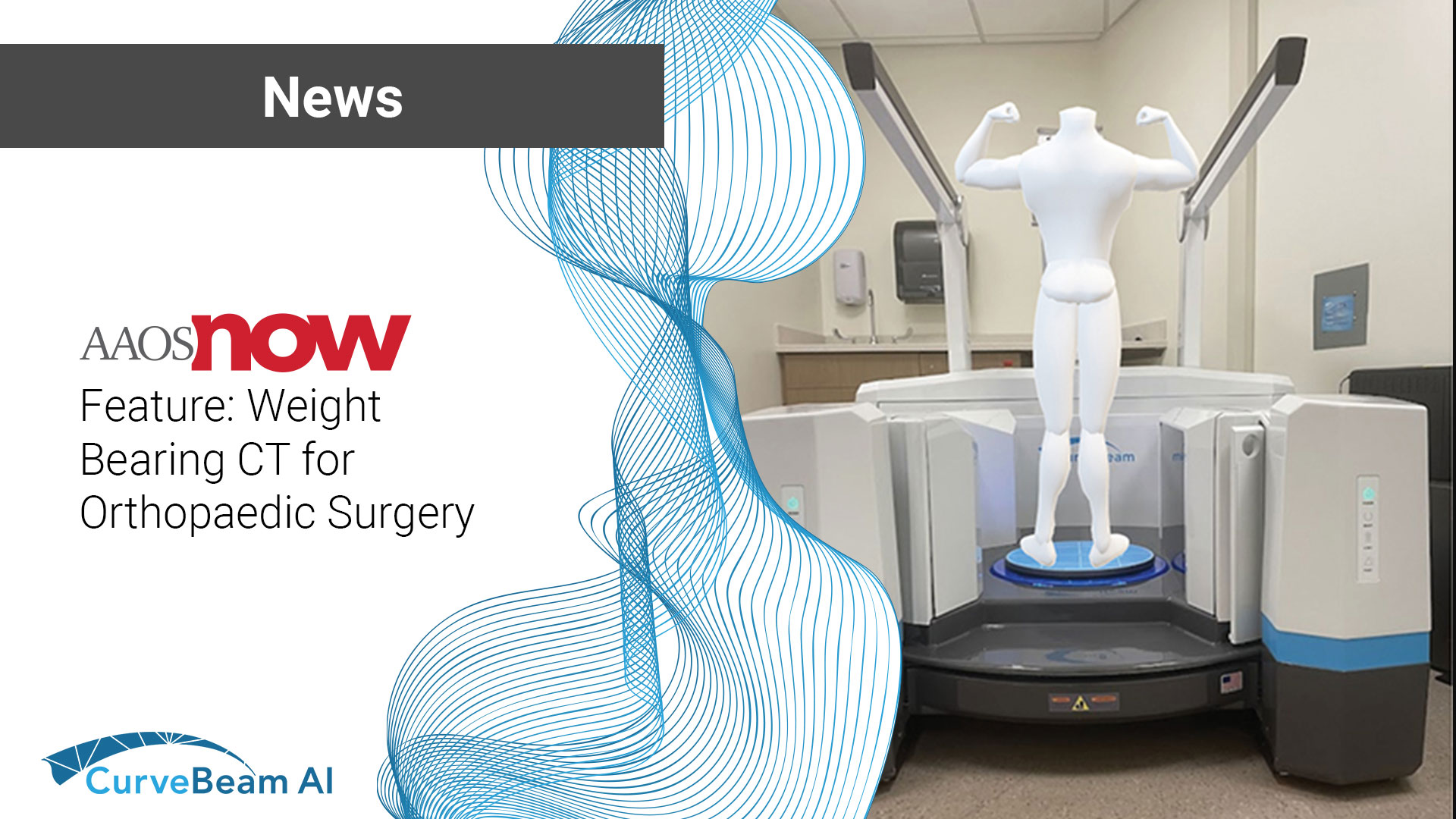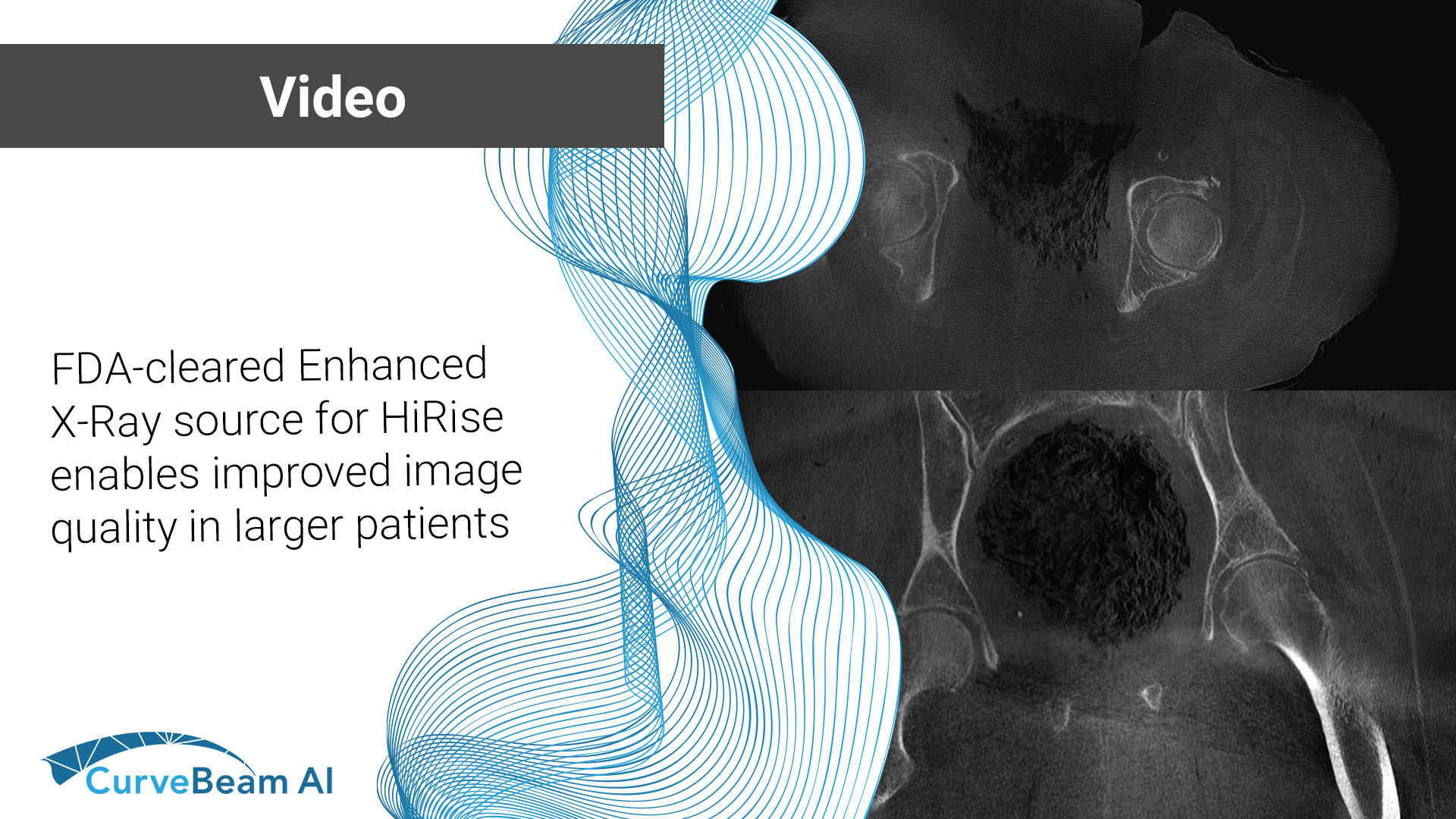As 2024 draws to a close, we’re excited to highlight CurveBeam AI’s top five milestones…

Exposure to Low-Level Radiation is Less of a Risk than Obesity, Smoking, and Air Pollution
While the risks to health from medium- and high-level radiation have been studied for years and are relatively well-understood, the risks of exposure to low-level radiation are less clear. A new study published in the Proceedings of the Royal Society B1 found that low-level radiation exposure poses less risk to health than other issues, such as obesity, smoking, and air pollution.
The study, funded by the Oxford Martin School at the University of Oxford, was published to give the layperson a place to start when discussing public policy. “Our target audience is a civil servant, activist, journalist, worker or student who is new to the field and needs to get to grips with the terminology, see an overview of what is currently known, and understand where (and why) there is still uncertainty,” Angela McLean, a professor of mathematical biology at the University of Oxford and the lead author of the study, told HCB News.2
The paper examined a full range of radiation exposures, ranging from low-dose all the way up to acute high-dose. Researchers studied the effect of radiation on workers in the nuclear, medical, and mining industries, as well as background environmental exposure from substances such as radon. The authors also reviewed studies of real-life incidents of radiation exposure such as the Japanese Life Span study of atomic bombing survivors, as well as those of emergency workers in the Chernobyl Nuclear Power Plant and the Fukushima Daiichi Nuclear Power Plant accidents.
The results? Dr. McLean says, “We know a great deal about the health risks from radiation thanks to exceptionally careful studies of groups of people exposed to different levels from nuclear bombs or accidents, medical exposure of patients, naturally occurring sources (such as radon), and workers in the nuclear industry and medicine. From these studies it is clear that moderate and high doses of radiation increase the risk of developing some types of cancer.”3 But perhaps more importantly, the study showed that obesity, tobacco smoking, and exposure to ambient particulate air pollution pose a greater risk in shortening the years in a person’s life span than the effects of low-level ionizing radiation.
CurveBeam designs and manufactures Cone Beam CT imaging equipment specifically designed for the orthopedic and podiatric specialties, including the pedCAT, a compact, ultra-low dose CT imaging system. This technology allows doctors to make a better diagnosis the first time, eliminating the need for additional scans and, therefore, reducing low-level radiology exposure to patients. Best of all, the practice has access to the results right away.
To learn more, visit Curvebeam.com today.
1 http://rspb.royalsocietypublishing.org/content/284/1862/20171070
2 https://www.dotmed.com/news/story/39096?utm_campaign=2017-09-14&utm_source=DOTmed+Non Registered+News&utm_medium=email
3 https://www.sciencedaily.com/releases/2017/09/170913104428.htm




